
Why should my fun have to end?
I thought that this was just the beginning.
I see my friends go out to have fun.
And all I can do is watch as they drive by.
As they set forth to discover their youth,
I’m well on my way towards ending my own.
— A Teenage Pregnancy, Agustin Antonio
Teen Pregnancy in Uganda: The Alarming Rise and How We Can Help
In 2019, before COVID-19 became the center of our lives, a staggering 25% of Ugandan teenagers were pregnant by age 19. The pandemic worsened this crisis, with nearly 650,000 pregnancies recorded between 2020 and 2021 after schools closed across the country.
Roger Kawulu, a primary school headteacher in Kampala, Uganda’s capital, explained, “The children aren’t going to school. When they were going to school, they were not getting pregnant like they are doing nowadays. They are redundant, and that’s the reason why they are easily enticed into sexual activities.”
The roots of this crisis extend beyond the pandemic. A lack of sex education and the vulnerabilities of teenagers are significant factors. Alarmingly, some parents endorse and support teen pregnancies through child marriage. Educational campaigns and social services can help dispel these harmful beliefs.
Teen pregnancies pose severe health risks. According to the World Health Organization (WHO), complications during pregnancy and childbirth are the leading cause of death for girls aged 15-19 globally. Babies born to adolescent mothers face higher risks of low birth weight, preterm delivery, and severe neonatal conditions. Adolescent mothers (ages 10–19 years) also face higher risks of eclampsia, infections, and other complications than women aged 20 to 24 years.
In Uganda, 43% of women aged 15-49 have an unmet need for contraception. Raising awareness about reproductive health is crucial. Before COVID-19, Uganda was making progress, but the pandemic disrupted vital services. “In normal times, many adolescent girls in Global Programme countries have some (albeit limited) access to quality sexual and reproductive health, education, protection, and social support services that prevent child marriage. The pandemic has disrupted and suspended many of these vital services,” states the Uganda Child Marriage Profile 2021.
For example, when Uganda’s Child Helpline was temporarily suspended, girls were left without a child marriage reporting mechanism or social services. Limited access to resources to prevent unplanned pregnancies led to an increase in teenage pregnancies, making child marriage more likely.
Education and access to contraception are the fastest and most effective ways to tackle societal issues like child marriage and teenage pregnancy. According to the Guttmacher Institute, if all needs for contraceptive, maternal and newborn care, and abortion care in Uganda were met, unintended pregnancies would drop by 83%, maternal deaths by 71%, and unsafe abortions by 83%.
To improve the quality of life for young women in Uganda, we must support fundraisers and charities that provide contraceptive care. Raising awareness and calling for international help and attention towards these issues is essential. These efforts are small yet significant steps towards a happier and safer life for all.
Donate to PLANE’s Teenage Mothers Empowerment Programme: Support Here
References
- AA – Uganda Overwhelmed by 32,000 Monthly Teen Pregnancies
- UNFPA-UNICEF Global Programme to End Child Marriage, Uganda Country Profile, 2021
- UNICEF – Child Marriage Country Profile Uganda 2021
- Guttmacher Institute – Uganda Country Profile 2022
- WHO – Adolescent Pregnancy
- UNICEF Uganda – Adolescent Development
By taking action now, we can help ensure a better future for Uganda’s young women. Let’s work together to create a world where every girl can thrive.
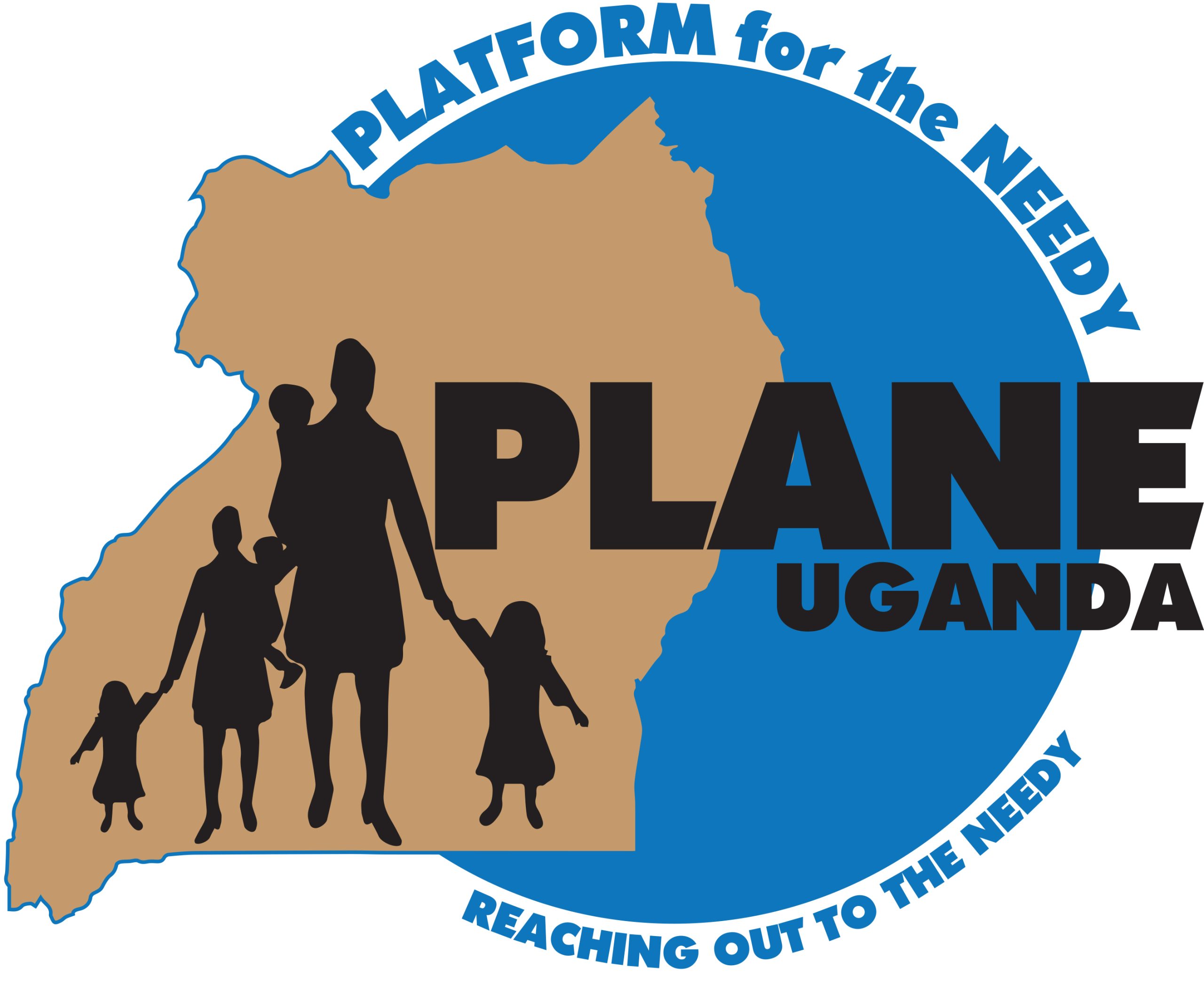


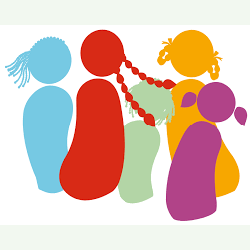



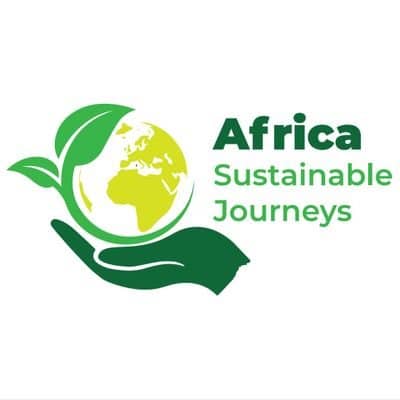



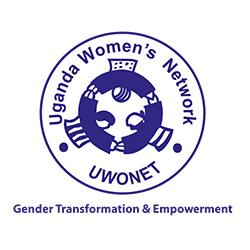




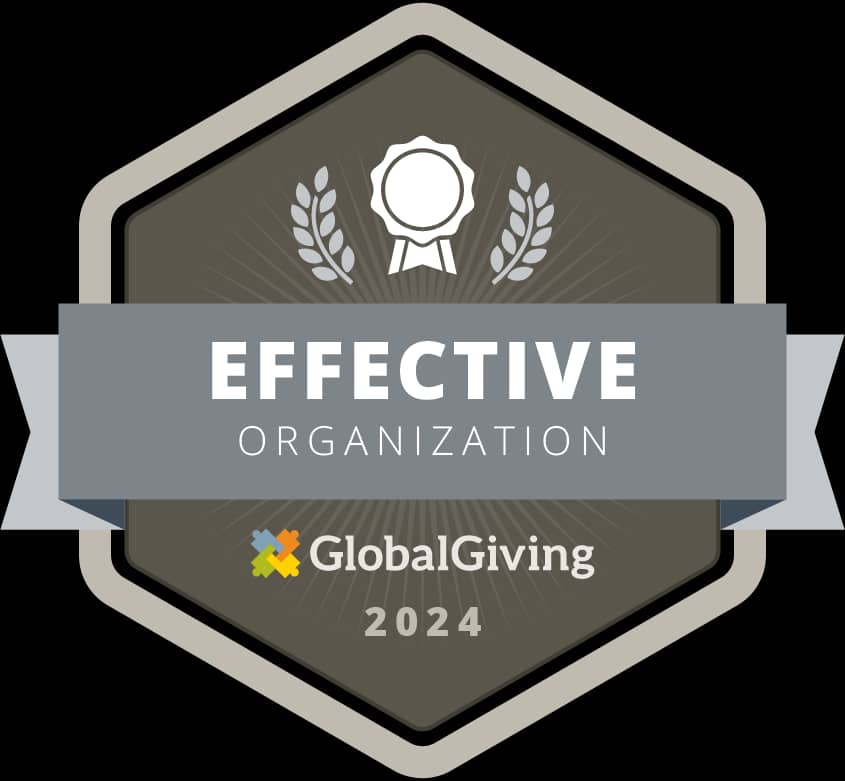
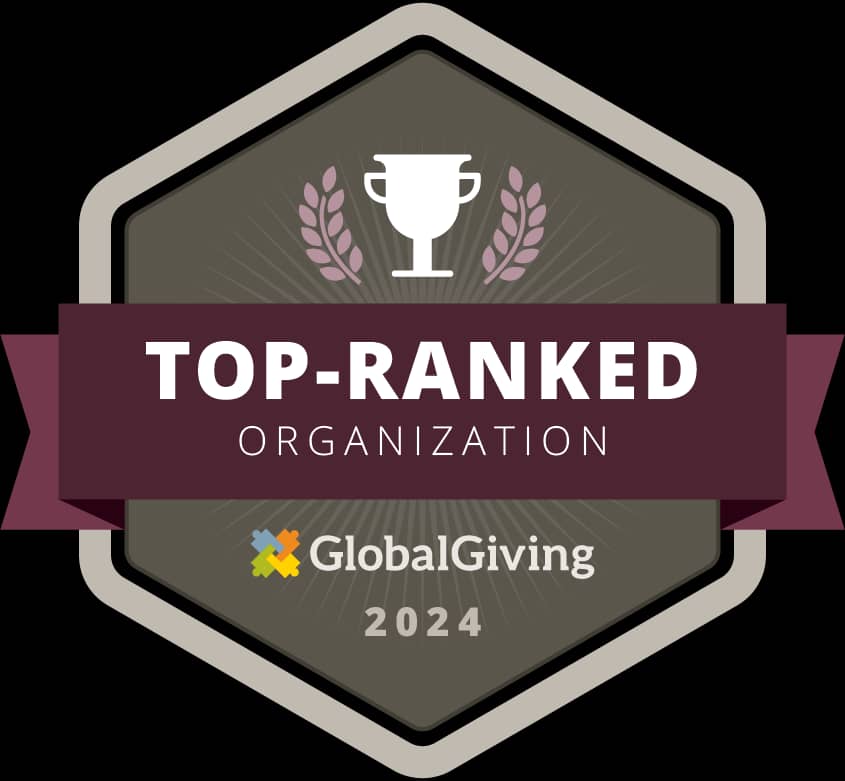
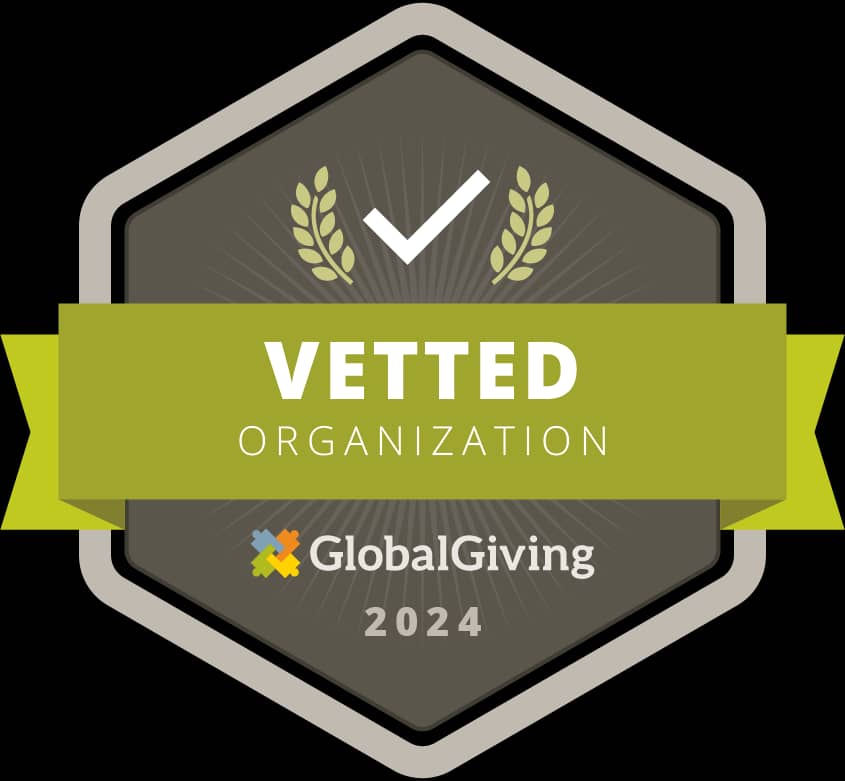
Very nice article. I definitely appreciate this site. Keep it up!